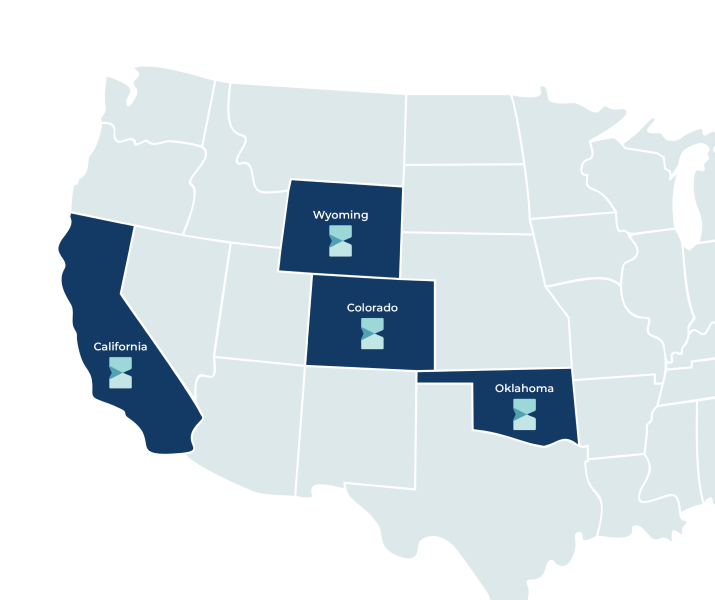
Why is My Mouth Numb?
Mouth numbness is usually temporary. But you should consult your dentist if the sensation lingers.
Top nine causes for a numb mouth
Have you ever tried chewing your food or speaking only to notice your mouth or lips feel numb? Although disconcerting at first, loss of sensation in your mouth or lips usually lasts only a few hours. However, the numbness could also indicate a serious medical condition if it lingers.
You may also feel other symptoms besides numbness. Itching, a prickling or tingling sensation, and swelling around the lips, tongue, and gums may accompany the numbness. Your tongue may turn red, or you may notice red or white patches along the mouth and lips. A numb mouth can result from several causes, most of which aren’t severe. Your dentist can examine your mouth and diagnose it, which will lead to successful treatment.
Your mouth is packed with nerve endings to help you speak and enjoy food. When those nerves become inflamed, irritated, or damaged, you’ll experience numbness — or as it’s known medically, paresthesia. A doctor can make an exact diagnosis, but the condition may be linked to one of these nine causes:
Allergic reaction: Numbness and tingling in the mouth and lips may result from oral allergy syndrome. Your body reacts negatively because you may be allergic to a particular fruit or vegetable’s pollen. Avoiding the trigger food helps, and your doctor may prescribe anti-allergy medications.
Injury: Trauma to your mouth or biting your tongue can damage nerves and cause numbness. Cavities may also contribute. Treating the cavity or letting a minor injury heal typically relieves symptoms, but severe injuries need medical care.
Spicy foods: If you love spicy food, you may feel a slight burning sensation that can lead to temporary numbness.
Vitamin B deficiency: Your nerves need B vitamins to function. A deficiency in B12 or folic acid can cause mouth numbness. Talk to your doctor or a nutritionist about your diet or supplements.
Low blood sugar: Hypoglycemia interrupts nerve signals between the brain and mouth, leading to numbness. Other symptoms include sweating, anxiety, and hunger. Eating a quick sugary snack can help. People with diabetes should speak to their doctor about adjusting medications.
Stroke: A stroke blocks blood flow to the brain and may cause mouth numbness, facial drooping, and slurred speech. This requires emergency medical care.
Seizures: Epilepsy can affect the brain and cause sensations like numbness and tingling in the mouth or lips. Treating the underlying condition may alleviate these symptoms.
Burning mouth syndrome: More common in women, this condition causes burning or numb sensations in the tongue, lips, and roof of the mouth. While its cause is unknown, hormone therapy, vitamin supplements, or medications may provide relief.
Oral cancer: Cancer in the mouth or throat can damage oral nerves and blood vessels, leading to numbness. Other signs include soreness, red or white patches, difficulty chewing, and bumps inside the mouth. Treatment may include surgery, radiation, or chemotherapy.
Treatments for a numb mouth
The cause of your numb mouth will determine the treatment. Most cases are minor and resolve within a few hours or days. To relieve temporary mouth soreness, try:
- Over-the-counter pain relievers
- Numbing creams or gels
- Antiseptic mouthwashes
- Salt-water rinses
- Antihistamine liquids (for allergy relief)
Tip: If the numbness or pain lasts more than a few days, see your doctor. They may perform a physical exam, blood tests, or a biopsy to determine the cause and recommend the right treatment.
Experiencing an unusual oral symptom? See your dentist.
Schedule an appointment with Espire Dental today!

Stop putting off your smile
Book your visit now—it’s easier than you think
Find your Espire location
